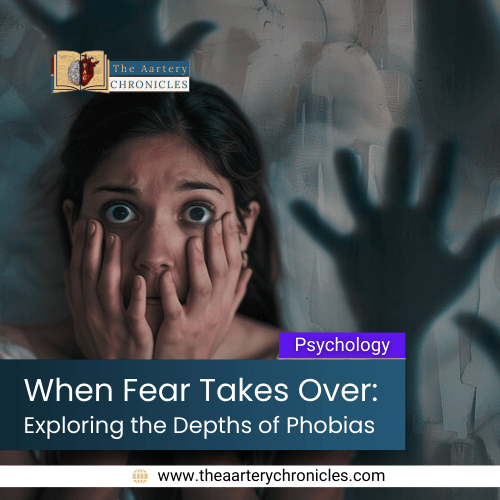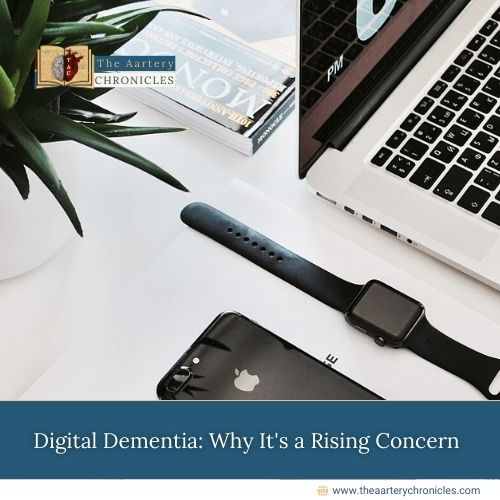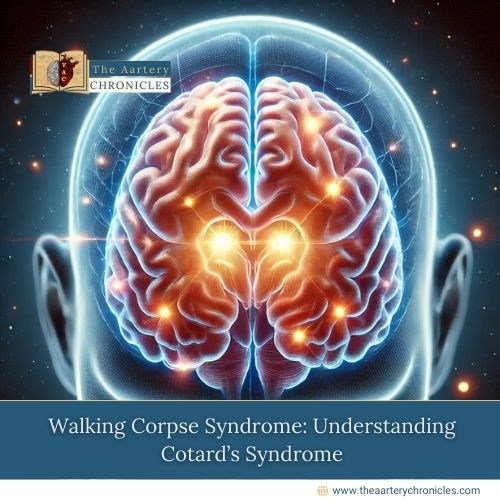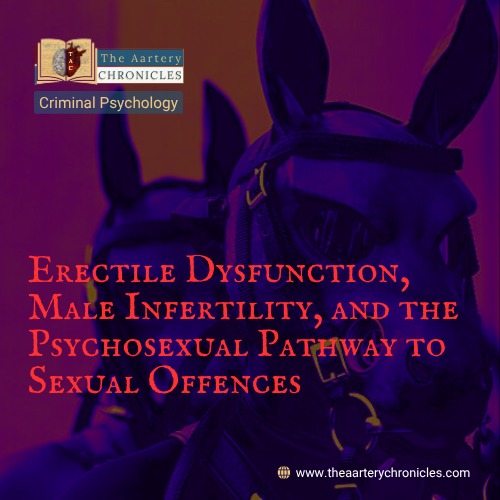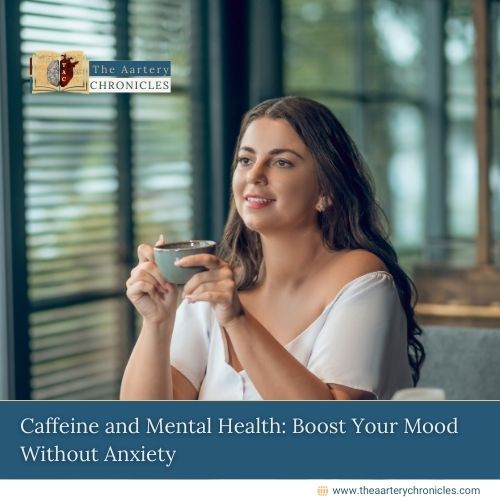
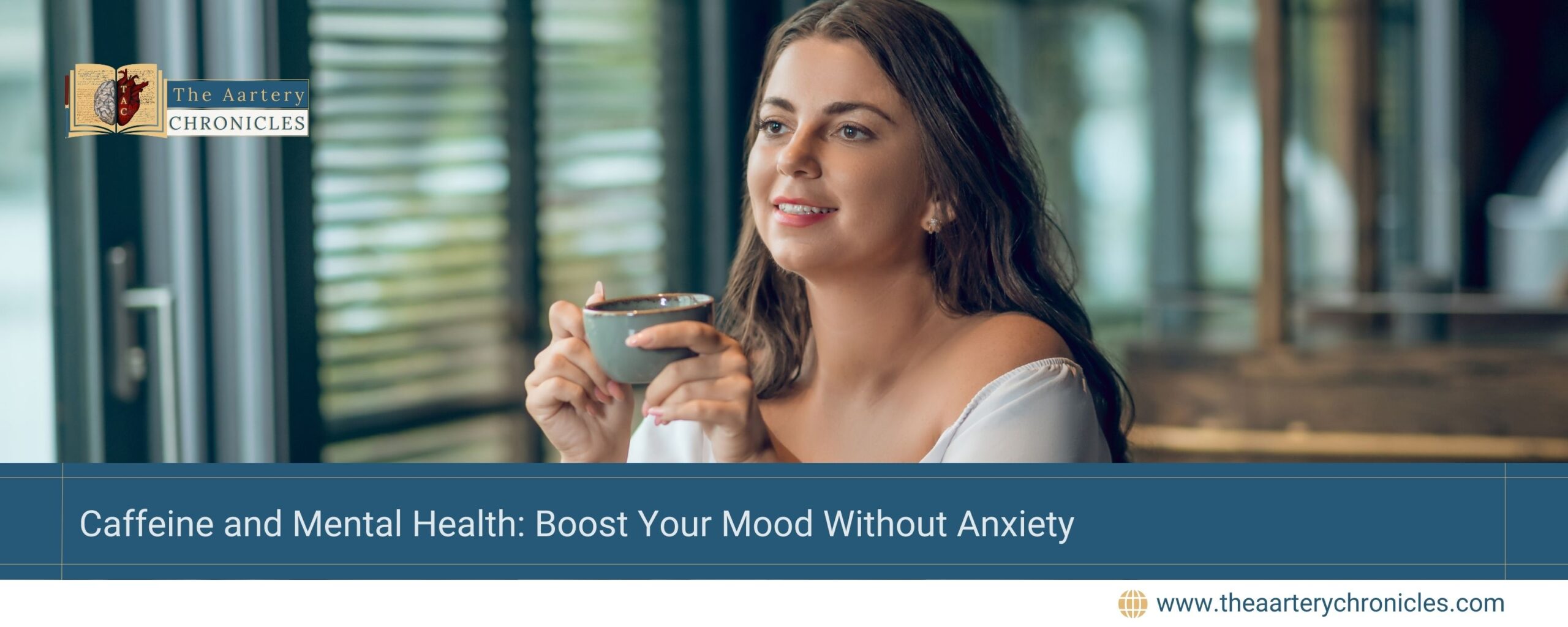
Caffeine and Mental Health: How Your Favourite Drink Affects Your Mood and Anxiety
Many people turn to caffeine to boost their mood, energy, and alertness, but have you ever wondered how it affects their mental health? While caffeine can provide a temporary pick-me-up, it can also significantly affect mood, anxiety, and stress levels. This post will explore the connection between caffeine and mental health and how to balance your intake for optimal well-being.
Caffeine and Mood: The Ups and Downs
Caffeine is often associated with improved mood and increased energy, but its effects on your emotional state can be more complex than you might think.
Short-Term Mood Boost: When consumed moderately, caffeine can enhance mood and increase feelings of alertness and well-being.
- This is due to its ability to block adenosine receptors, which are responsible for feelings of tiredness
- Stimulate the release of dopamine and serotonin, neurotransmitters associated with pleasure and mood regulation.
Mood Swings: Excessive caffeine consumption can lead to mood swings. High doses of caffeine can cause
- Irritability
- Nervousness
- Feelings of anxiety
This is because caffeine stimulates the nervous system, which can make you feel jittery or overstimulated.
Caffeine Withdrawal: If you suddenly reduce or stop your caffeine intake, you may experience withdrawal symptoms, including
- Irritability
- Fatigue
- Mood disturbances
These symptoms can last for a few days, but they are typically temporary.
Caffeine and Anxiety: The Link You Should Know
For some individuals, caffeine can exacerbate anxiety symptoms, leading to heightened feelings of nervousness and stress.
- Increased Heart Rate and Jitters: Caffeine is a stimulant, and when consumed in large amounts, it can
- Increase heart rate
- Cause shaky hands
- Make you feel jittery
These physical symptoms can mimic or trigger anxiety attacks in susceptible individuals.
- Heightened Stress Response: Caffeine stimulates the release of cortisol, the body’s primary stress hormone. While this can help you feel more alert in the short term, it can also increase your stress levels if consumed in excess, leading to feelings of anxiety and tension.
- Caffeine Sensitivity: People who are sensitive to caffeine may experience more pronounced anxiety symptoms even with small amounts of caffeine. If you have a history of anxiety disorders, it may be helpful to monitor your caffeine intake closely.
How Caffeine Affects Sleep and Mental Health
As we discussed in the previous post, caffeine can interfere with sleep, and poor sleep is closely linked to mental health issues. Sleep deprivation can exacerbate symptoms of anxiety, depression, and stress, creating a vicious cycle where caffeine disrupts sleep, and lack of sleep worsens mental health.
The Sleep-Anxiety Cycle: Caffeine’s impact on sleep can lead to a decrease in overall well-being.
- Poor sleep can make you more vulnerable to anxiety and stress, and in turn, anxiety can make it harder to fall asleep.
- This cycle can leave you feeling mentally and physically drained.
Caffeine’s Effect on Depression: While moderate caffeine consumption has been linked to a lower risk of depression in some studies, excessive caffeine intake may contribute to symptoms of depression
- Especially if it disrupts sleep or leads to dehydration, affecting mood regulation.
How to Manage Caffeine for Better Mental Health
If you’re concerned about the effects of caffeine on your mental health, there are several strategies you can use to strike a balance:
- Moderate Your Intake: Limit your caffeine intake to moderate levels—around 200-400 mg daily (about 1-2 cups of coffee). This amount is generally considered safe for most people and is less likely to cause negative mental health effects.
- Avoid Caffeine Late in the Day: To prevent caffeine from interfering with your sleep and mental health
- Avoid consuming caffeine late in the afternoon or evening.
- Aim to have your last cup of coffee or tea by 2 PM to give your body enough time to process the stimulant before bedtime.
- Switch to Low-Caffeine Options: If you find that caffeine affects your mood or anxiety
- Try switching to lower-caffeine options like green tea or decaf coffee.
- These beverages provide a milder energy boost without the intense stimulating effects of regular coffee.
- Monitor Your Anxiety Symptoms: If you have a history of anxiety, pay close attention to how caffeine makes you feel. If you notice that your anxiety levels increase after consuming caffeine, it may be time to cut back or eliminate it from your routine.
- Stay Hydrated: Caffeine is a diuretic, which can cause dehydration.
- Dehydration can negatively impact your mood and mental health, so be sure to drink plenty of water throughout the day to stay hydrated
Conclusion
Caffeine can offer short-term benefits like increased alertness and improved mood, but it’s important to be aware of how it can affect your mental health in the long run. By moderating your intake and being mindful of its effects on anxiety, stress, and sleep, you can enjoy the benefits of caffeine without compromising your mental well-being.
In the next post, we’ll dive deeper into Caffeine and Your Physical Health, exploring how caffeine affects your heart, digestion, and overall wellness.
Stay tuned!
1. Nehlig A, Daval JL, Debry G et al. Caffeine and the central nervous system: mechanisms of action, biochemical, metabolic and psychostimulant effects. Brain Res Brain Res Rev. 1992 May-Aug;17(2):139-70.
2. Zandvliet AS, Huitema AD, de Jonge ME, den Hoed R, Sparidans RW, Hendriks VM, van den Brink W, van Ree JM, Beijnen JH et al. Population pharmacokinetics of caffeine and its metabolites theobromine, paraxanthine and theophylline after inhalation in combination with diacetylmorphine. Basic Clin Pharmacol Toxicol. 2005 Jan;96(1):71-9.
3. Laizure SC, Meibohm B, Nelson K, Chen F, Hu ZY, Parker RB et al. Comparison of caffeine disposition following administration by oral solution (energy drink) and inspired powder (AeroShot) in human subjects. Br J Clin Pharmacol. 2017 Dec;83(12):2687-2694.
4. Giedd J. Brain development, IX: human brain growth. Am J Psychiatry. 1999;156:4.

Elluru Gowtham
Kyrgyz Russian Slavic University, Bishkek, Kyrgyzstan.
Arogya Competition 3rd winner | Reviewed by Dr Aarti Nehra (MBBS, MMST - IIT, Kharagpur)


